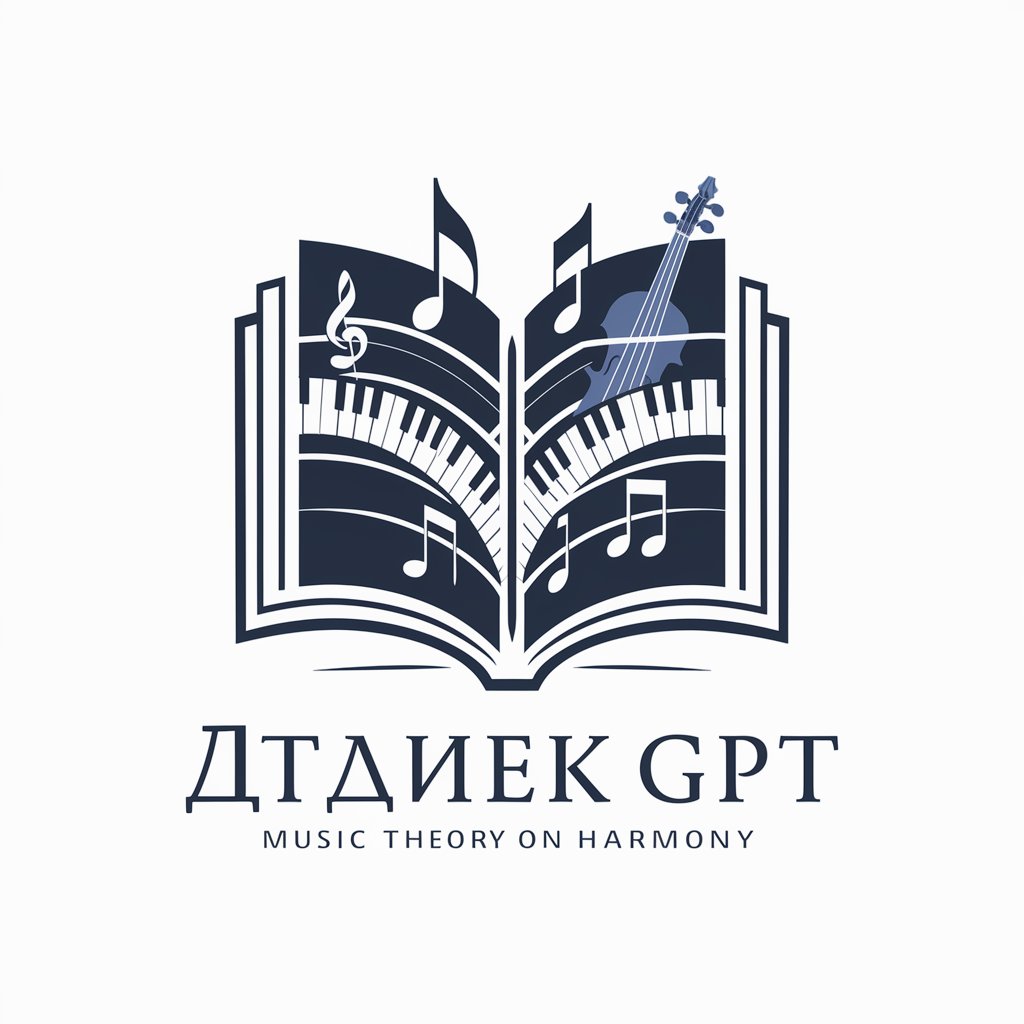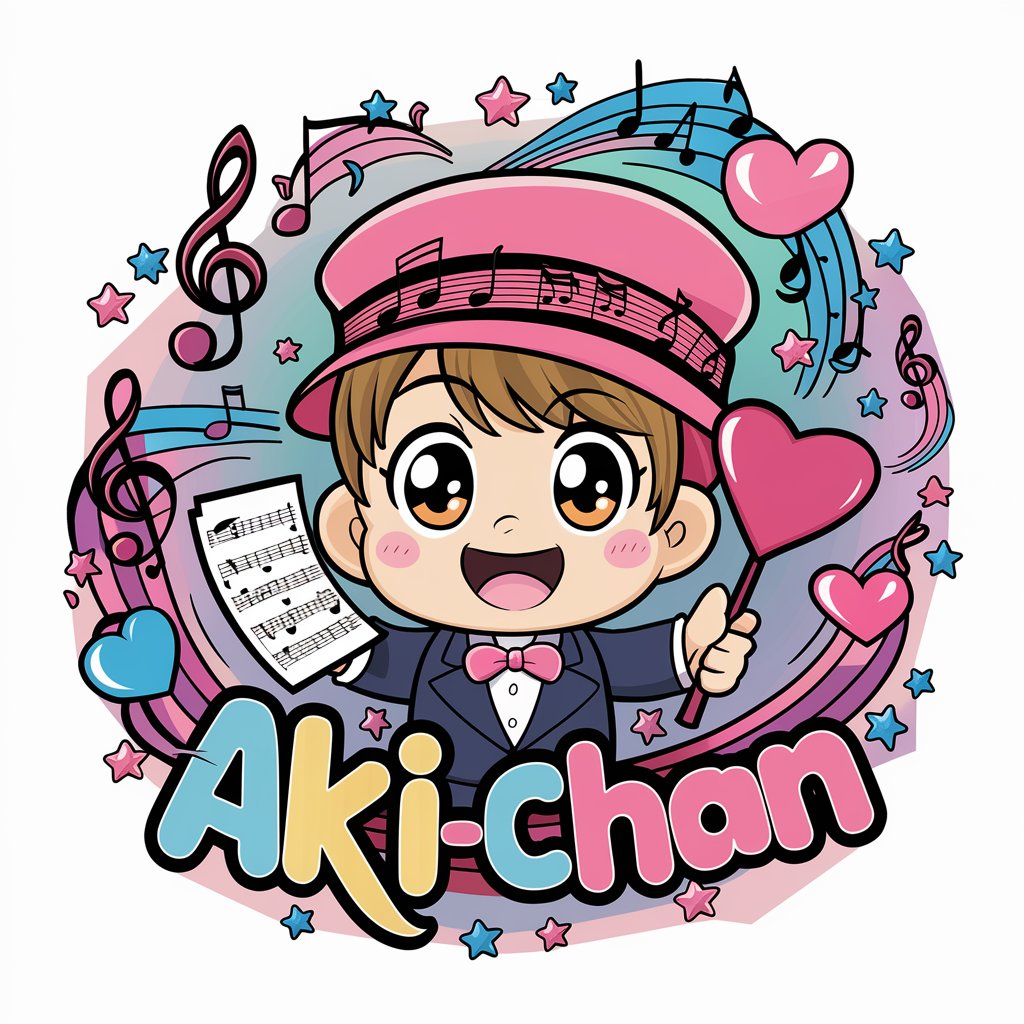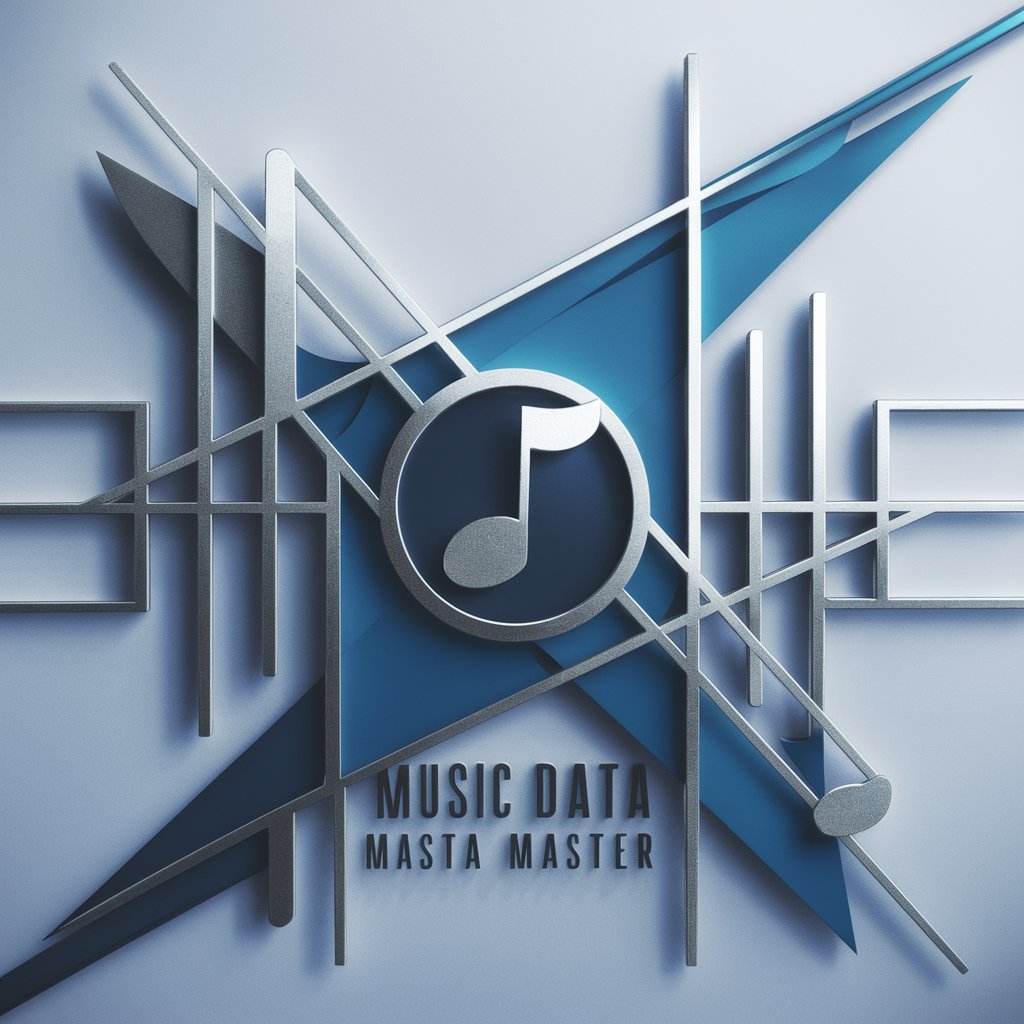5 GPTs for Music Theory Education Powered by AI for Free of 2026
AI GPTs for Music Theory Education refer to a specialized application of Generative Pre-trained Transformers in the realm of music theory learning and teaching. These tools leverage AI's advanced natural language processing capabilities to offer interactive and personalized learning experiences. They are designed to understand and respond to queries related to music theory, providing explanations, examples, and educational support. Their relevance lies in the ability to make music theory education more accessible, engaging, and tailored to individual learning styles.
Top 5 GPTs for Music Theory Education are: Music Nerd,音楽理論GPT,Composer Master,Aki-chan,Music Data Master
Music Nerd
AI-Powered Deep Dive into Musicology

音楽理論GPT
Harmonize Your Music with AI Intelligence

Composer Master
Harmonize Creativity with AI

Aki-chan
Compose Music with Anime Flair

Music Data Master
Empowering music creativity with AI

Key Attributes of AI GPTs in Music Theory
AI GPTs for Music Theory Education possess unique characteristics such as adaptability, which allows them to cater to various learning levels, from beginners to advanced students. They can generate music theory content, analyze musical scores, and provide interactive exercises. Special features include language learning support, where they can explain music theory concepts in multiple languages, and technical support for software integration. Their web searching and image creation capabilities enable the sourcing and visual representation of music-related content, enhancing the learning experience.
Who Benefits from Music Theory AI GPTs
The primary beneficiaries of AI GPTs in Music Theory Education include music students, educators, and enthusiasts at different skill levels. Novices can find simplified explanations and foundational concepts, while professionals can delve into more complex theoretical aspects. These tools are accessible to those without programming skills, offering a user-friendly interface, and also cater to developers and tech-savvy users with options for deeper customization and integration into existing digital platforms.
Try Our other AI GPTs tools for Free
Composer Historical Research
Explore music history like never before with AI GPTs for Composer Historical Research. Tailored AI solutions for deep, insightful understanding of composers and musical trends.
Genre and Style Exploration
Explore the world of AI GPT tools for Genre and Style Exploration. These versatile AI solutions offer tailored, style-specific content creation and analysis, ideal for creative and analytical professionals.
Academic Musicological Support
Explore AI GPT tools for Academic Musicological Support - your AI partner in music research and education. Harness the power of AI for advanced musicology insights.
Home-Based Fitness Training
Discover how AI GPTs for Home-Based Fitness Training can transform your workout routine with personalized, AI-powered guidance and support, all from the comfort of your home.
Skill Level Adaptation in Exercise
Revolutionize your fitness journey with AI GPTs for Skill Level Adaptation in Exercise – personalized, adaptable, and intuitive tools for all fitness levels.
Body Mechanics Optimization
Discover how AI GPT tools revolutionize Body Mechanics Optimization, offering personalized, data-driven solutions for posture improvement, injury prevention, and ergonomic wellness.
Further Perspectives on AI GPTs in Music Theory
AI GPTs in Music Theory Education stand out for their user-friendly interfaces, making them easily adaptable to different learning environments. Their integration capabilities allow for seamless incorporation into existing systems, enhancing traditional educational methods. These tools also offer insights based on data analysis, contributing to a more comprehensive understanding of music theory and its applications.
Frequently Asked Questions
What are AI GPTs in Music Theory Education?
AI GPTs in Music Theory Education are advanced AI tools designed to assist in learning and teaching music theory. They use natural language processing to interact, explain concepts, and provide resources tailored to the user's needs.
Who can benefit from using these AI GPTs tools?
Music students, educators, and enthusiasts of all skill levels can benefit, especially those seeking personalized and interactive learning experiences in music theory.
Do I need programming skills to use these tools?
No, these tools are designed to be user-friendly and accessible to individuals without programming expertise. However, they also offer customization options for those with technical skills.
Can these tools help with understanding complex music theory concepts?
Yes, AI GPTs are equipped to handle complex music theory topics and can provide detailed explanations and examples to facilitate understanding.
Are there interactive elements in these AI GPTs tools?
Yes, many of these tools include interactive exercises and quizzes to enhance the learning process.
Can AI GPTs assist in music composition?
While primarily focused on education, some AI GPTs can offer insights and suggestions related to music composition.
Is it possible to integrate these AI GPTs into existing educational platforms?
Yes, many of these tools are designed to be integrated into existing digital platforms and educational systems.
Do these tools support multiple languages?
Yes, one of the significant features of AI GPTs in Music Theory is their ability to support and provide content in multiple languages.